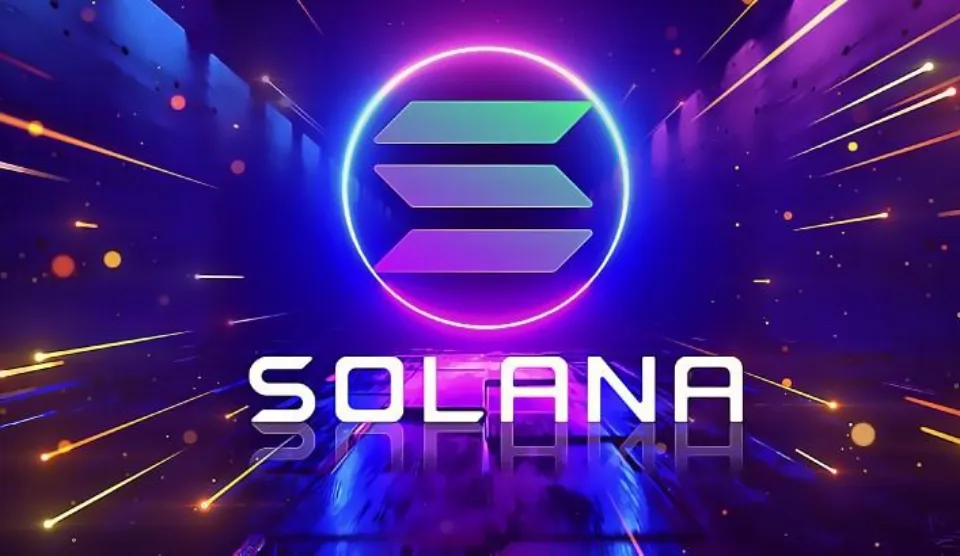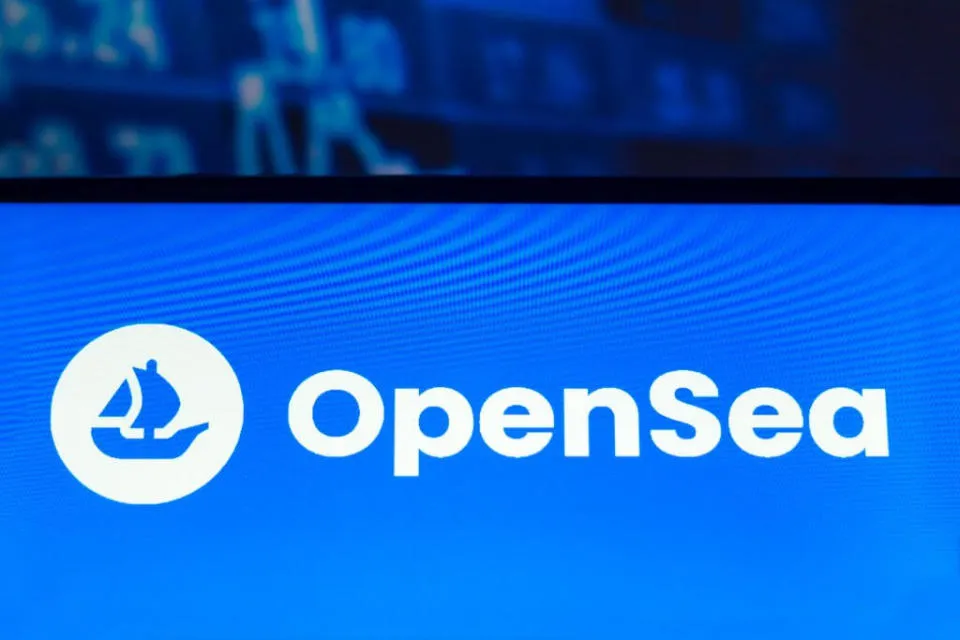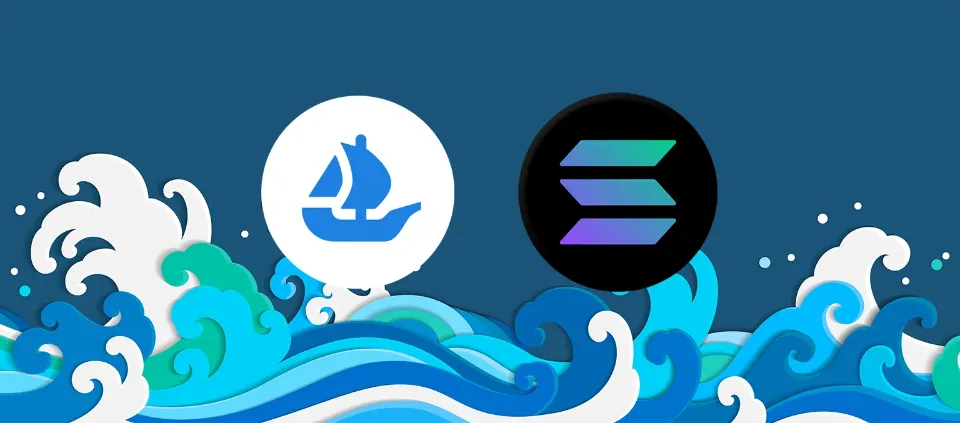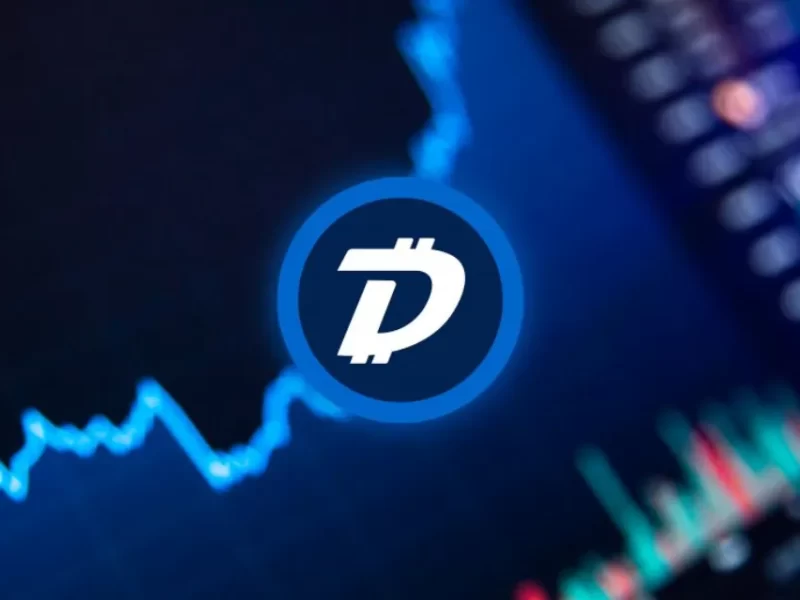The world of blockchain technology is constantly evolving and expanding, and two of the biggest players in the game are Solana and Opensea. Solana is a high-performance blockchain platform that aims to enable fast and low-cost transactions, while Opensea is a decentralized marketplace for buying, selling, and discovering digital assets. In this article, we will take a closer look at these two blockchain giants and compare their features, benefits, and use cases.
Overview of Solana: Solana vs Opensea

Solana is a high-performance blockchain platform that was launched in 2017 by Anatoly Yakovenko. The platform aims to provide a fast and secure environment for decentralized applications (dApps) and smart contracts. Solana uses a unique consensus mechanism called Proof of History (PoH), which enables faster transaction processing times and lower fees compared to other blockchain platforms.
Solana’s architecture is designed to scale horizontally, meaning that the platform can handle a large number of transactions per second without sacrificing speed or security. This is achieved through a combination of sharding, where the blockchain is split into smaller partitions, and parallel processing, where multiple transactions are processed simultaneously.
One of the main benefits of Solana is its low transaction fees. Because the platform is optimized for high throughput, the cost per transaction is significantly lower than on other blockchain platforms like Ethereum. This makes Solana an attractive option for developers looking to build dApps that require high transaction volumes, such as gaming or financial applications.
Overview of Opensea: Solana vs Opensea

Opensea is a decentralized marketplace that allows users to buy, sell, and discover digital assets such as NFTs (non-fungible tokens) and ERC-20 tokens. The platform was launched in 2018 by Alex Atallah and Devin Finzer and has since become the largest NFT marketplace in the world.
Opensea operates on the Ethereum blockchain and uses smart contracts to facilitate transactions between buyers and sellers. The platform has a user-friendly interface and offers a wide range of digital assets, including art, collectibles, and virtual real estate.
One of the main benefits of Opensea is its ability to provide liquidity for digital assets. Because the platform operates on a decentralized blockchain, buyers and sellers can transact directly with each other without the need for intermediaries like brokers or auction houses. This makes it easier for individuals and small businesses to participate in the digital asset market and access new opportunities for investment and growth.
Comparison of Solana and Opensea: Solana vs Opensea
Now that we have a better understanding of Solana and Opensea, let’s compare their features and benefits to see how they stack up against each other.
Transaction Speed: Solana vs Opensea

Solana is designed to handle high transaction volumes and can process up to 65,000 transactions per second. This is significantly faster than Ethereum, which can process up to 15 transactions per second. Opensea, on the other hand, relies on the Ethereum blockchain for transaction processing, which means that transaction speeds are slower and fees are higher.
Transaction Fees: Solana vs Opensea
Solana’s low transaction fees are one of its main selling points. Because the platform is optimized for high throughput, the cost per transaction is significantly lower than on Ethereum or other blockchain platforms. Opensea, on the other hand, is subject to the transaction fees of the Ethereum blockchain, which can be high during periods of high network congestion.
Scalability: Solana vs Opensea
Solana’s architecture is designed to scale horizontally, meaning that the platform can handle a large number of transactions per second without sacrificing speed or security. Opensea, on the other hand, relies on the scalability of the Ethereum blockchain, which can be limited during periods of high network activity.



